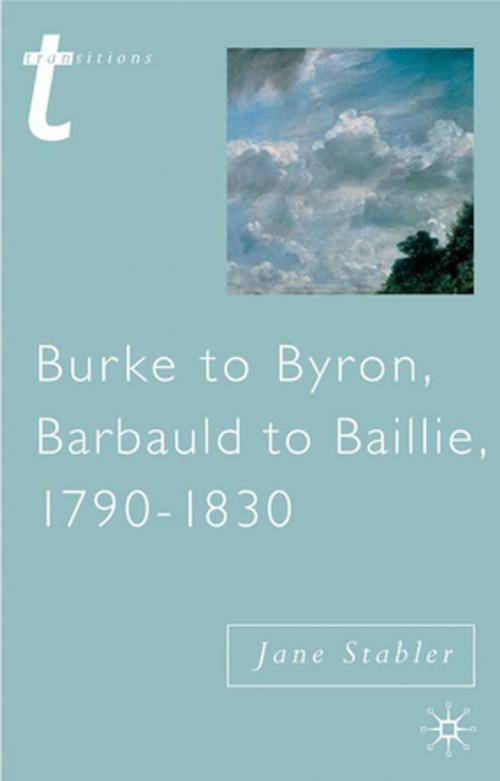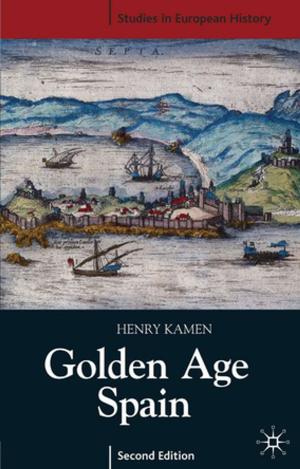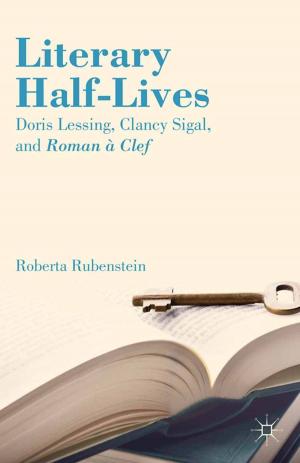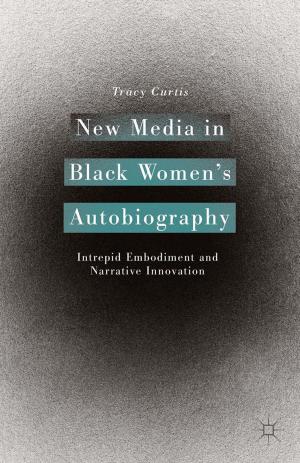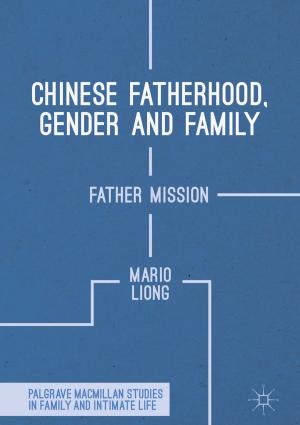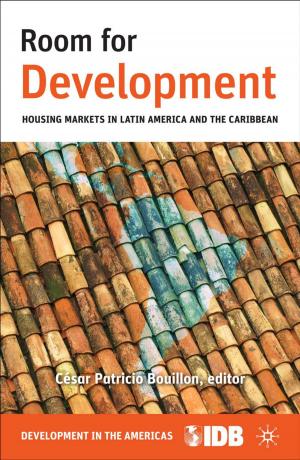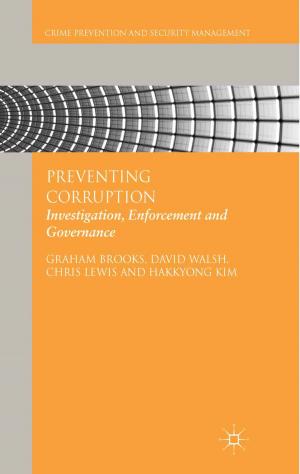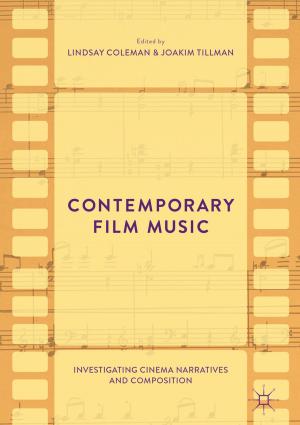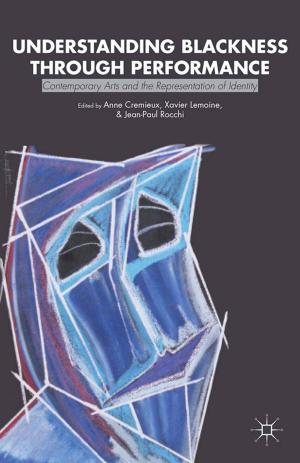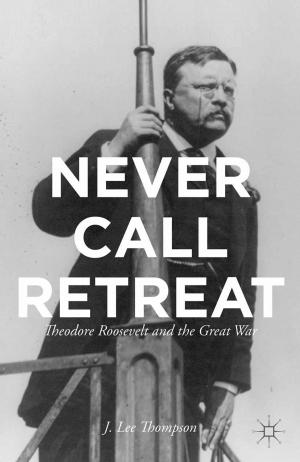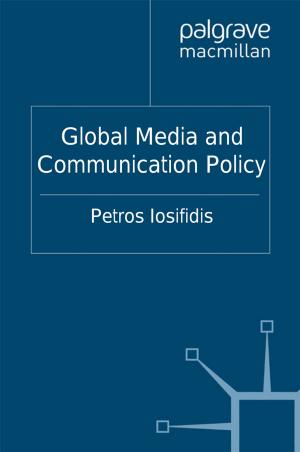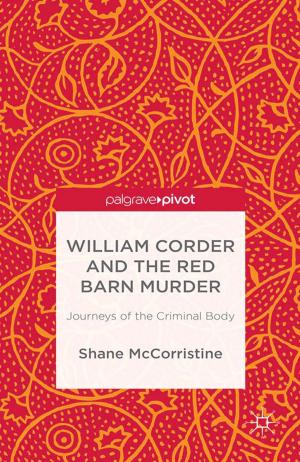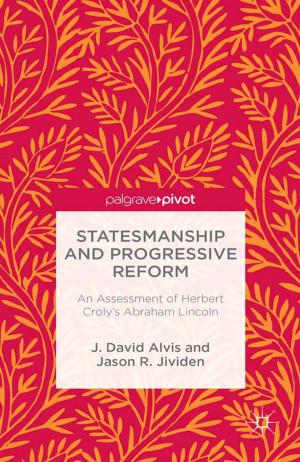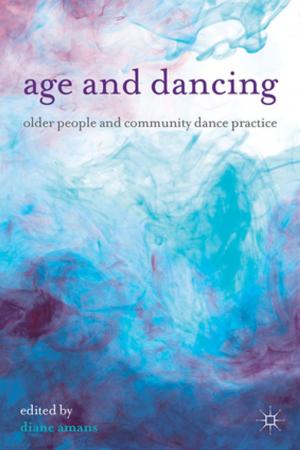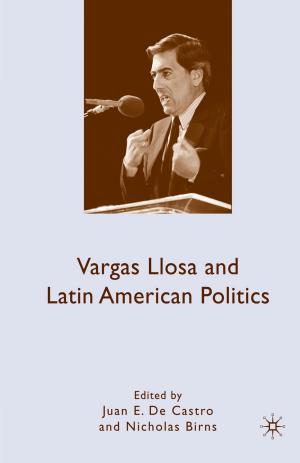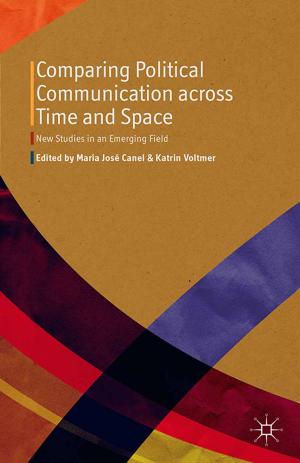| Author: | Dr Jane Stabler | ISBN: | 9781137149398 |
| Publisher: | Palgrave Macmillan | Publication: | November 7, 2001 |
| Imprint: | Palgrave Macmillan | Language: | English |
| Author: | Dr Jane Stabler |
| ISBN: | 9781137149398 |
| Publisher: | Palgrave Macmillan |
| Publication: | November 7, 2001 |
| Imprint: | Palgrave Macmillan |
| Language: | English |
Definitions of the Romantic period have undergone considerable change in the last few years. Beyond the careers of the 'Big Six' (Blake, Wordsworth, Byron, Coleridge, Shelley and Keats), critics have begun to recognise a much fuller range of writers flourishing in the second half of the eighteenth century and the first half of the nineteenth. Who were these other writers whose popularity threatened the fame of Wordsworth, Coleridge and Byron? What happens to our understanding of canonical authors when we place them in the context of the print culture of their own time?
This book is an accessible and stimulating account of the recent vital changes in critical perceptions of Romanticism. It will enable students and teachers to navigate the new diversities and complexities of Romantic studies, providing a fresh, readable reassessment of a controversial and exciting period.
This book is an accessible and stimulating account of the recent vital changes in critical perceptions of Romanticism. It will enable students and teachers to navigate the new diversities and complexities of Romantic studies, providing a fresh, readable reassessment of a controversial and exciting period.
Definitions of the Romantic period have undergone considerable change in the last few years. Beyond the careers of the 'Big Six' (Blake, Wordsworth, Byron, Coleridge, Shelley and Keats), critics have begun to recognise a much fuller range of writers flourishing in the second half of the eighteenth century and the first half of the nineteenth. Who were these other writers whose popularity threatened the fame of Wordsworth, Coleridge and Byron? What happens to our understanding of canonical authors when we place them in the context of the print culture of their own time?
This book is an accessible and stimulating account of the recent vital changes in critical perceptions of Romanticism. It will enable students and teachers to navigate the new diversities and complexities of Romantic studies, providing a fresh, readable reassessment of a controversial and exciting period.
This book is an accessible and stimulating account of the recent vital changes in critical perceptions of Romanticism. It will enable students and teachers to navigate the new diversities and complexities of Romantic studies, providing a fresh, readable reassessment of a controversial and exciting period.
